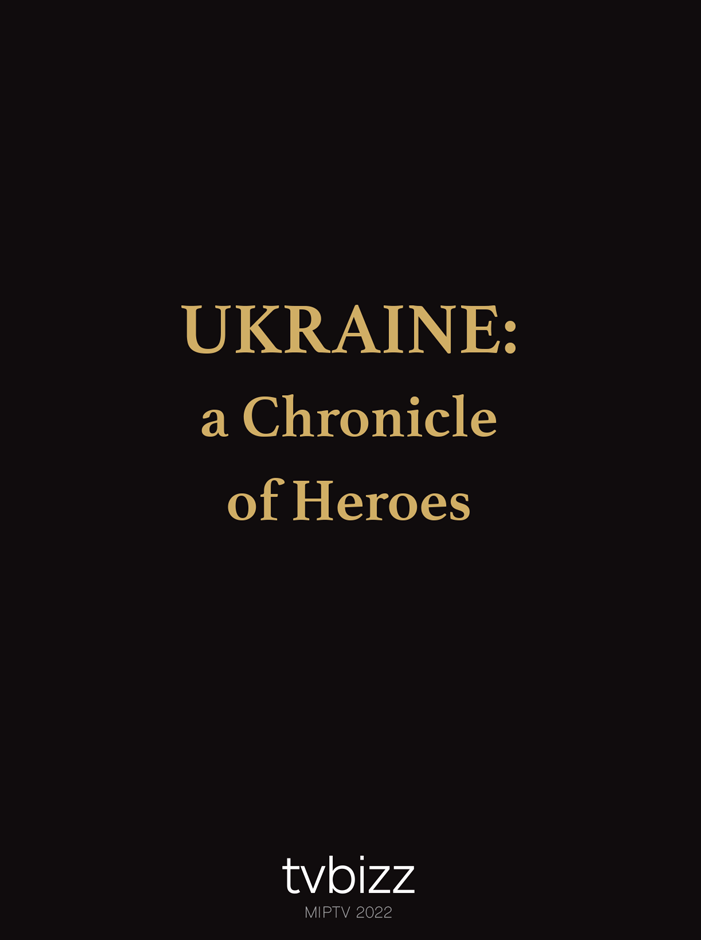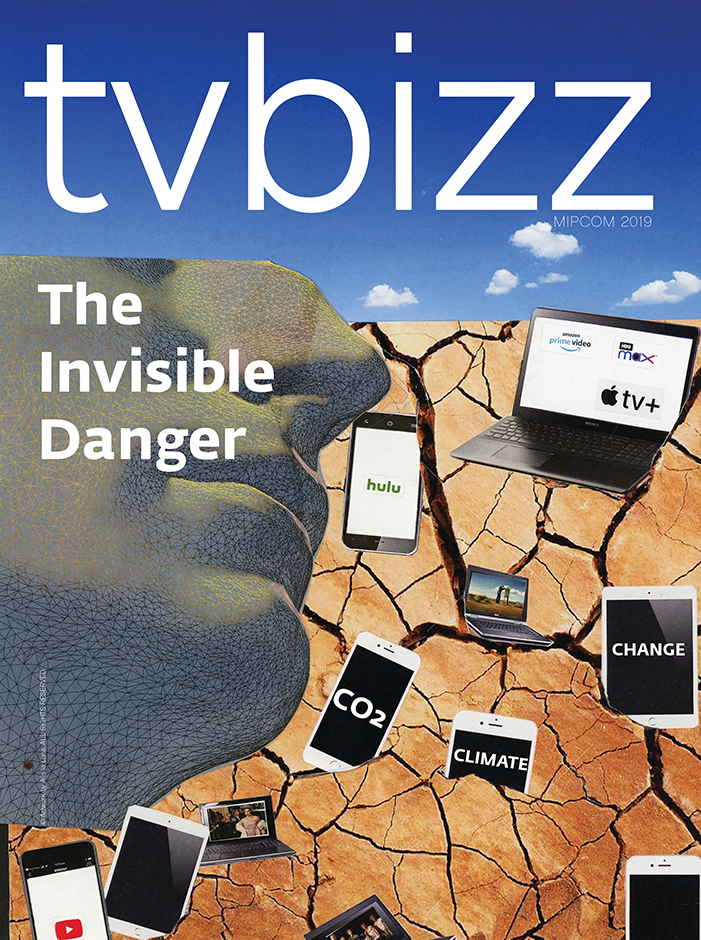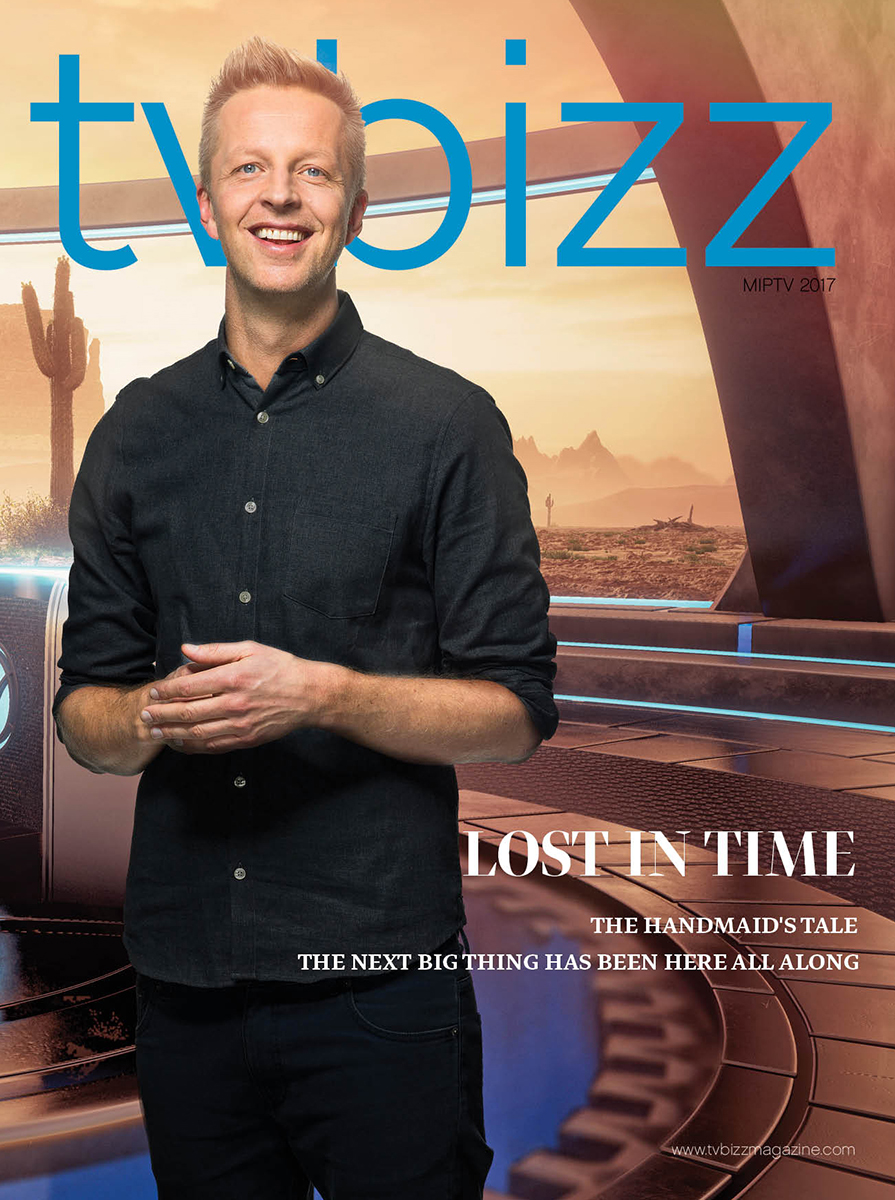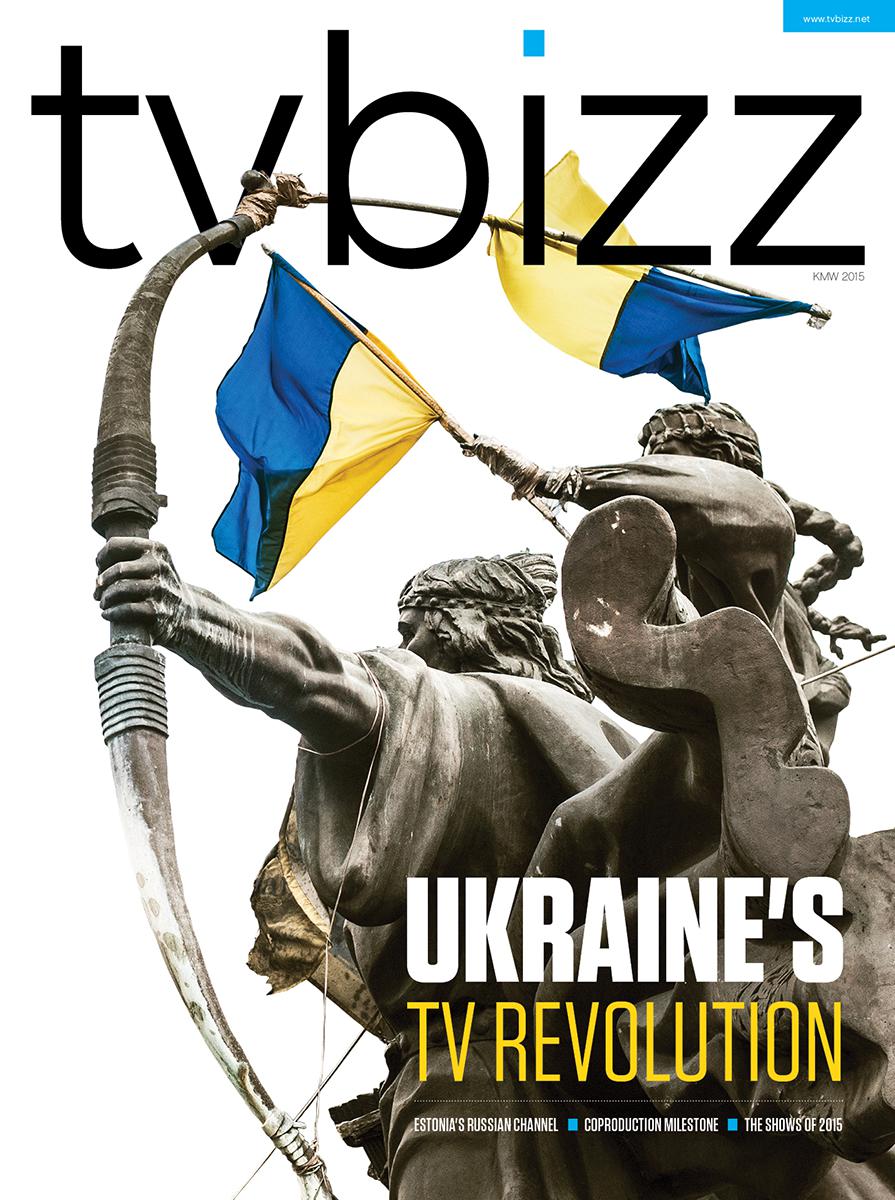TheMarker reported that around 30 large film and TV productions have been frozen since the start of the war and thousands of people from the industry have lost their jobs while the government is not doing anything to compensate them. The trade unions in the industry appealed to the Minister of Finance, Bezalel Smotrich, and emphasized that the outline published by the ministry ignores the work model and payment conditions of the workers. Zvika Gottlieb from the Film and Television Producers Association said that this is the biggest crisis the Israeli film and TV industry has ever faced as there is no clarity when regular shooting will be resumed.
The website also shared that since the start of the war Israelis have started watching more TV, with Keshet 12 attracting over 50% of the audience in primetime. However, the same source notes that the Israeli TV ad market dropped by a third in November. The channels offered numerous discounts which attracted some smaller advertisers but could not compensate for the decline interest among companies.
During these very difficult times for Israel and its people, TVBIZZ Magazine contacted leading Israeli broadcasters, distributors and content producers to share their thoughts on the impact the war against Hamas has caused to the once booming TV industry in Israel. Dan Weisman, Head of Formats & Development, Reshet 13, Sharon Levi, Managing Director, yes Studios, and Assaf Gil, CEO Gil Formats & Chairman of Gil Productions, answered Yako Molhov’s questions.
Dan Weisman: Discussing the long-term effects of the ongoing war in Israel is difficult because the situation is constantly changing. The first month of the war was chaotic, and things have not settled down much since then. On October 7th, all Israeli TV channels switched to broadcasting news, and that is all they have been showing ever since.
All the TV channels had to cancel their regular shows and switch to the news. No one wanted to watch anything else, and the national mood was low. Advertisers stopped spending money, and many shows were postponed or canceled, including Peking Express and Star Academy here at Reshet, and The Traitors at Keshet. Only lately we started to brodcast other shows. Mainly fast to produce talkshows, and one original sitcom. it was a hard decision but we feel the audience needs some kind of a relief, but it’s difficult to say when everything will return to its pre-war state. Due to the ongoing situation in Gaza, the loss of soldiers, and the kidnapping incident, it’s hard to predict what will happen next. The situation remains unresolved, and nobody knows how it will eventually end.
Sharon Levi: It’s hard to answer this question without speaking about our current state of mind. The recent atrocities and ongoing war, plus the constant worry for our hostages and soldiers fighting for our right to live in peace, have definitely taken a toll on everyone in Israel. The creative community and the media industry have been forced to rethink and adapt to the changes and the general mood in our country. We are fortunate to work in an industry that can help make a change, be it from taking an active part in the international pro-Israel propaganda, through broadcasting content for children who have lost their homes and seek security, to a bit of escapist TV in between the news broadcasts. Some of the shows and series that were planned to launch in Q4 have been postponed until we find a timing that is more appropriate. We are creating content for the Israeli audiences that suit the situation i.e children’s content, documentaries about the October 7th massacre, and have taken out content that could trigger negative and PTSD responses from our viewers.

We had a lot of international trips planned in the October-December period, but unfortunately, we had to cancel. However, we are working on creative ways to connect with our clients and penetrate new markets. Long term is quite hard to define at the moment. We continue to focus on co-productions with our international partners who have been very supportive and empathetic to our situation and of course, format and tape sales which are part of our core business, prioritising our new upcoming releases Night Therapy (featuring Shira Haas), Lifeline (new documentary format) and the new exciting second season of The Chef as well as our much-travelled formats such as Your Honor, On the Spectrum and The Conductor.
Assaf Gil: The immediate effects have to do with the broadcasters’ reaction to freeze any production that does not feel necessary for them in the near future. The commercial broadcasters have lost at least a quarter of transmission as from October 7th there are no regular shows on the air – only newscasts and the odd comedy show that offers viewers a chance to relax a bit in between terrible news items. We were fortunate to have a few shows in production and so were able to maintain a certain amount of work but a few projects were frozen for the time being like The Masked Singer which I hope we can renew soon. But all the productions have no clear transmission dates until the war situation clears. As far as long terms effects are concerned, it is very probable that after the fighting we’re heading toward a recession which will lower advertising spending and thus will affect the TV market once more. In short, not an optimistic view…
What are your expectations from the state in terms of support in this difficult situation and how do you protect your employees?
Sharon Levi: yes Studios is part of a large group of companies which also include Israel’s largest mobile business (Pelephone) and is owned by the strongest telecommunications company in the country (Bezeq). I’m proud to be part of this company, which has been active in volunteer work, given endless donations and undertaken charitable initiatives for the people who have lost their loved ones and their homes and for the soldiers who are fighting behind enemy lines. Our government is expected to support all those who’ve been affected by the war, including the creative and media industries. We expect the minister of communications to hear our voices and address the needs of the production and broadcast community, although I can imagine that the support may take a long time. We are relying on our international partners to work together with us to bring good, compelling stories from Israel to the world, as have they have done until now and, we assume, will continue to do so.
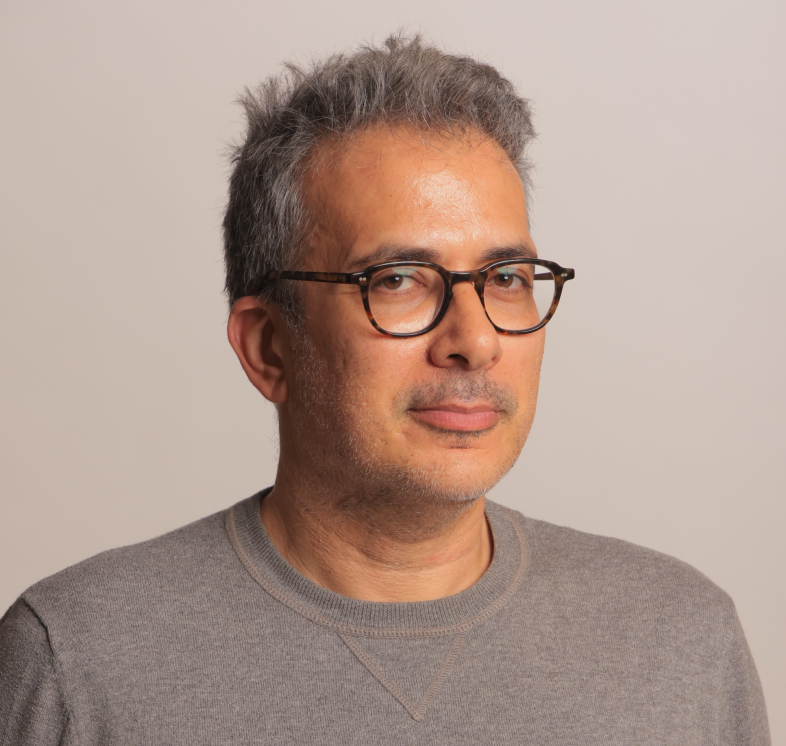
Assaf Gil: The government did publish some support initiatives for business that were affected by the war (at least so far). As we continue to work on a few productions that were not frozen, we are so far able to pay our employees.
What has been the reaction from your international partners and clients and do you expect more co-productions shot outside of Israel given the war?
Dan Weisman: I am the head the formats and development department, where I talk to international distributors about new programs that can be made in Israel. We usually communicate through Zoom calls and face-to-face meetings at conferences. Unfortunately, I had to cancel my participation in the MIP conference due to the events of October 7th. But I spoke to everyone I was supposed to meet at the conference, and they were very understanding and empathetic. It’s not easy to make people in the international arena understand the situation in our Middle Eastern neighborhood, but I keep trying.
This is an exceptionally complex event to understand when you don’t live the history of the conflict and the reality and daily routine in Israel and the Middle East. Many days, we go to work, and during the day, there are alarms due to missile attacks and, of course - the loss of personal security for each of us following the massacre that happened on the seventh of October undermined a lot of our basic assumptions.
Naturally, many people are very interested in what is currently happening in our region, and the conflict arouses many emotions in the international arena, so I find myself quite a few times as a kind of ambassador of the country - explaining the events and the strength of Israel’s reaction to October 7th. I find it challenging to describe the intensity of the physical pain experienced by hearing the stories that are slowly being told in the news releases and newspapers, seeing the videos from that cursed Sabbath, and the kidnapping incident that is still ongoing. You can’t stay the same person after these events; it leaves your soul wounded.
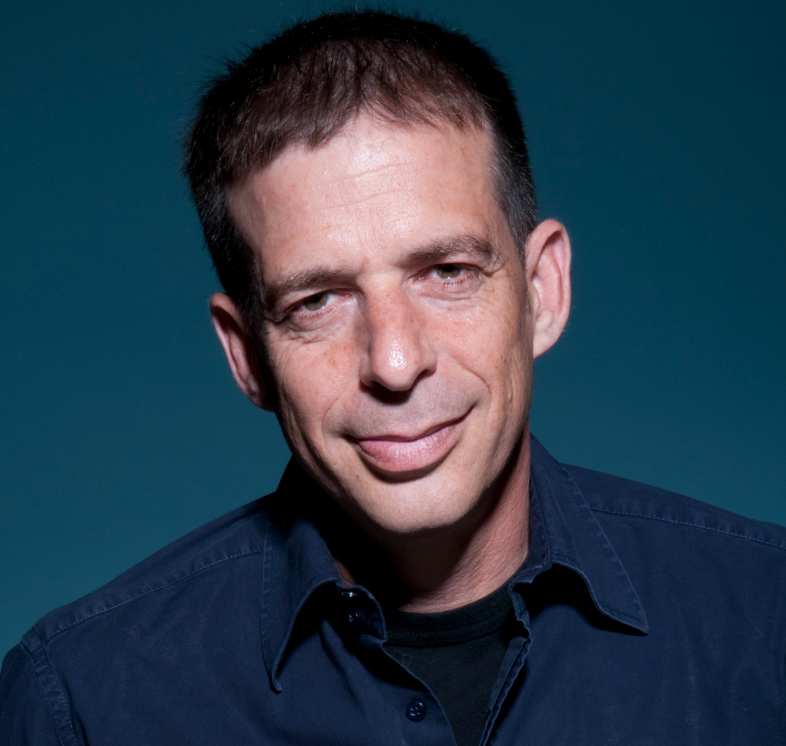
Sharon Levi: In terms of production, we foresee that those being shot outside of Israel will continue in selected locations sometime in the near future, and we may also be able to shoot many of them within our borders. The majority of the people we work with are well educated and peace-loving people and therefore have been supportive and empathetic to our situation.
Nonetheless, we are sadly witnessing the rise of hundreds of pro-Palestinian protests and anti-Semitic acts of violence around the world, which have also filtered into our industry.
IDFA in Amsterdam, led by the director of the festival, has not only given a voice to pro-Palestinian protestors but also applauded them as they took to the stage. Stockholm International Film Festival has made it clear that they do not wish to host Israeli content and creators. And although both events have issued belated apologies, for the Israeli community it was too little too late. We urge people to do their research and educate themselves properly without relying solely on what they see on social media. It is vital, especially in the content business with all the responsibilities it brings, that people understand the full 360 story of the Israeli-Palestinian conflict throughout the years, so they can address it with balance, objectivity, and the facts.
Assaf Gil: We have one international drama project that we’re involved in and that wasn’t affected by the war (due to shoot in the later part of 2024) and the rest of our productions are local adaptations of formats and concerning these, the reactions of our international partners were supportive and positive. All of them understand that these are trying times for the Israeli market and are patient that these times will eventually pass.
When the war ends do you expect a shift in the themes, issues, and stories being told?
Dan Weisman: The events that took place on October 7th were rare and significant, and I believe that they will bring about significant changes in the country. It is difficult for me to imagine that both the government and the people will not respond appropriately to such a once-in-a-century event.
I am convinced that after the war ends, Israeli society will need to undergo a long period of reorganization. It is difficult to predict how the war and its events will change the political landscape of the country. However, it is almost certain that the war will have a long-lasting impact on the attitudes and opinions of the people.
It is difficult to summarize everything that is happening in the country in a short conversation. The last few months have been dramatic, and only time will tell if the people of Israel will return to their old ways of escapist entertainment or if they will seek something more meaningful.
Sharon Levi: After the war (God willing) our country and people will never be the same. We are already looking to adapt to a new reality, taking into consideration that the narrative has changed. Telling aspirational, uplifting and hopeful stories together with documenting the actual events that occurred on October 7th is the main goal. Trying to comfort and heal through content is an important mission as well as sending this message out to the world. We will never forget what happened here (and is still happening) and we would hope that international broadcasters and streamers will show what occurred and work with us to strengthen the narrative that acts of terrorism should always be overcome.
Assaf Gil: Absolutely but it’s very difficult to say how. Some think comedy will be needed, other prophesize escapist shows, emotional content… it’s very difficult to say. One thing’s for sure – after 2.5 months of relentless newscasts, people will need to rest.
How long do you expect it will take to recover the media and production market in the country?
Dan Weisman: This is the million-dollar question - no one can tell you when the war in Gaza will end and whether a war will break out in the north of the country as well. After it ends, it will take some time before they start producing big primetime shows again. Many programs for all channels have been filmed and edited and are waiting to be reassigned, and the economy must recover at the end of the day. Something encouraging happened in the last war - people returned to watching television, and the ratings prove that television as a device is back in the center of our living room. You need to redefine her role and find a way to keep the audience when the situation in the country calms down.
Sharon Levi: To be able to go to work these days and do what we love is a blissful distraction. We are not sitting and waiting for this to be resolved as it will take a long time. Israel is a country that is quick to adapt to ongoing changes and I believe, and already see, that even though some productions and development may have slowed down, we have no plan to stop our creativity. On the contrary, now more than ever, we have a lot more to say. We look forward to the days to come, for our hostages to return home and for the safety of our amazing soldiers, my son included. God bless.
Assaf Gil: If the assumptions that recession may be upon us after the war, it might take a very long time to recover but this is yet to be seen. I think we will be lucky to go back to the television situation of October 6th during the course of 2024.










